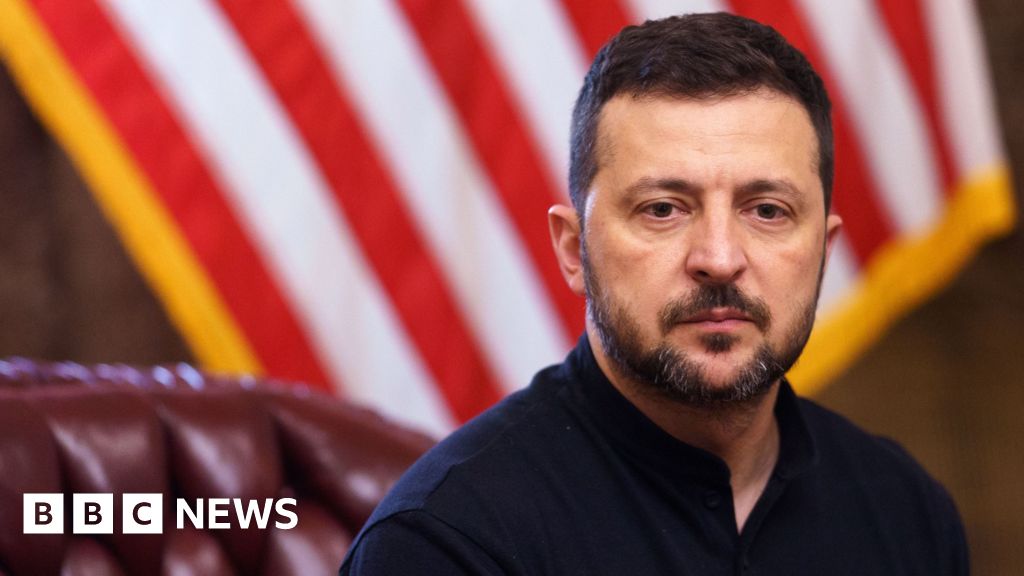Nato members have pledged their support for an “irreversible path” to future membership for Ukraine, as well as more aid.
While a formal timeline for it to join the military alliance was not agreed at a summit in Washington DC, the military alliance’s 32 members said they had “unwavering” support for Ukraine’s war effort.
Nato has also announced further integration with Ukraine’s military and members have committed €40bn ($43.3bn, £33.7bn) in aid in the next year, including F-16 fighter jets and air defence support.
The bloc’s Secretary-General Jens Stoltenberg said: “Support to Ukraine is not charity - it is in our own security interest.”



I don’t doubt that, but I do think there has remained a fair amount of mistrust and animosity between Russia and the United States, possibly a hold over from the cold war era, and I don’t think Russia sees much, if any, distinction between NATO and their enemy the United States.
Before Russia did their heel turn in the aughts, they almost joined NATO after a period of significant cooperation. Russia seeing the U.S., or it’s allies, as enemies is a symptom of Putin turning a fledgling democracy into a dictatorship, not the natural state of affairs.
https://en.m.wikipedia.org/wiki/Russia–NATO_relations
Go to the “Development of post-Cold War cooperation (1990–2004)” section and check out “NATO-Russia Founding Act”, “NATO-Russia Permanent Joint Council”, and “NATO-Russia Council”.
Back then the talk was pearl clutching over NATO with Russia being seen as some racist white alliance against China, MENA, India, and others in the global south.
Russia only sees us as enemies because Putin needed to create enemies to seize and consolidate power.
It looks like there was mistrust developing before the NATO-Russia Council, with the bombings of Yugoslavia.
There were normal diplomatic disagreements that all allies have. And consider the source of that statement. Yeltsin’s critics would have included any anti-democratic groups. This was a period of unprecedented cooperation and trust that was growing until Russia turned its back.